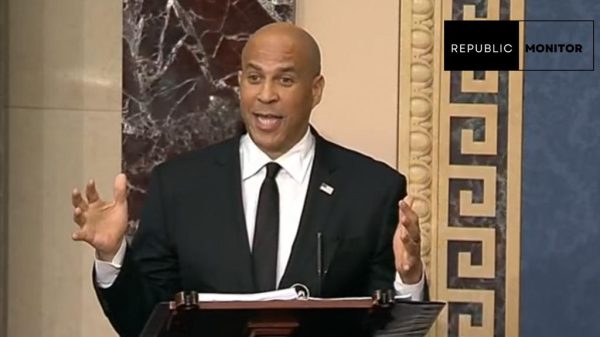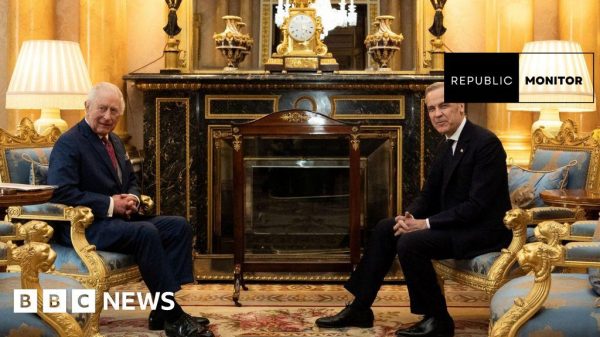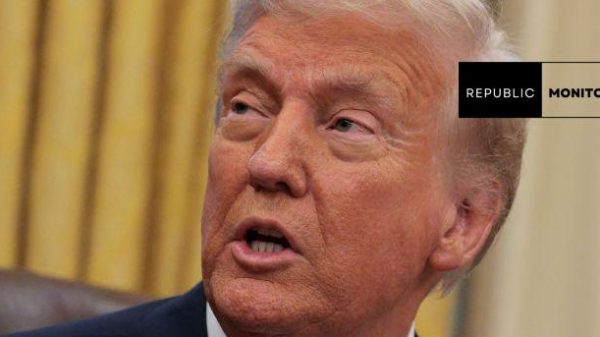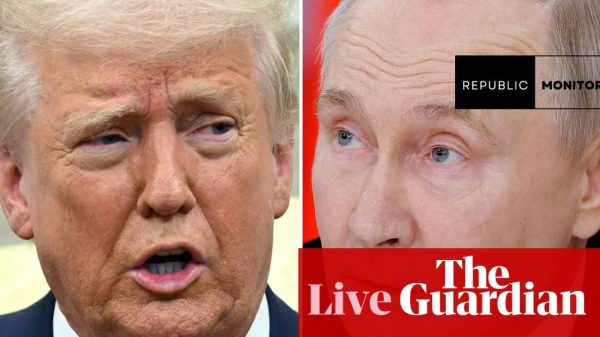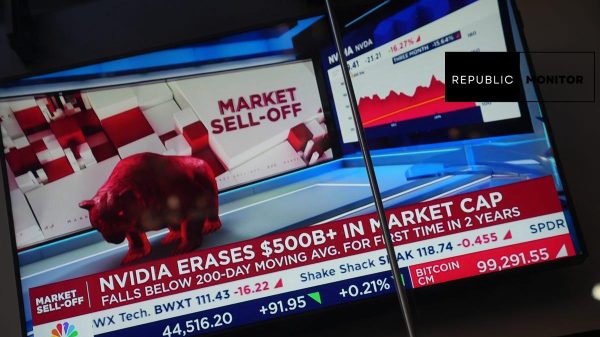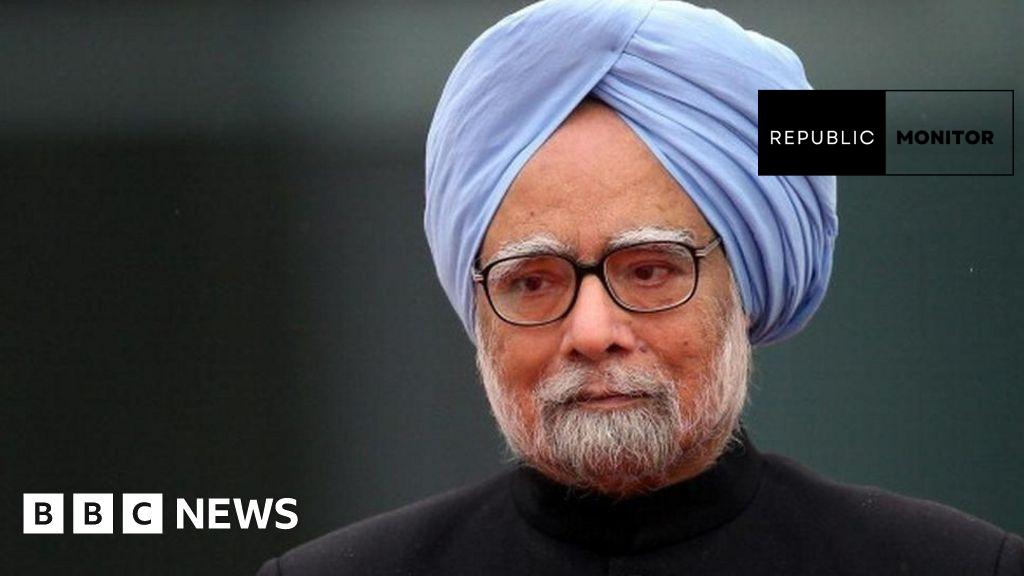Former Indian Prime Minister Manmohan Singh, who was a monumental figure in reshaping India’s economy and political landscape, has passed away at the age of 92. Singh, who served as prime minister from 2004 to 2014, was often regarded as a humble leader with a powerful vision. His journey from a small village in Punjab to the highest political office in the country is a story of dedication and profound impact.
Watch: Former PM Manmohan Singh’s Life and Legacy
Manmohan Singh’s legacy is rich and varied. Known as a person of few words, he expressed his intelligence and leadership through action rather than flamboyant speeches. People remember him not just for his role in government but for his steady hand and ability to bring people together during challenging times. He led India through significant economic reforms in the early ’90s, and his vision helped pave the way for a more liberalized economy.
Consensus Builder
Singh’s ability to transcend political divides made him a consensus builder. He served as the prime minister leading a coalition government, where managing diverse interests was a necessity. His tenure was marked by an invitation to all parties to participate in the nation’s development. This approach helped foster a sense of unity among differing viewpoints, showing that collaboration is vital for progress.
‘Accidental PM’
Interestingly, Singh’s rise to premiership was somewhat unexpected. Initially, many thought Sonia Gandhi would take the position when the Congress party won the elections in 2004. However, he was chosen for the role, surprising many. Despite his initial reservations about becoming a leader, Singh dedicated himself to his role and took decisive actions to improve India’s standing on the global stage.
Pragmatic Foreign Policy
During Singh’s leadership, India strengthened its international relations, especially with the United States. He signed a landmark nuclear deal with the U.S., which ended India’s long-standing nuclear isolation and enabled cooperation in various sectors. Singh’s diplomacy also extended to nations like Russia, illustrating his commitment to building robust international partnerships while focusing on India’s interests.
A Low-Profile Leader
Singh’s personal style was low-profile. He was known for being reserved and often kept to himself. His humility and frugality were evident in both his lifestyle and public persona. Despite the challenges he faced, including corruption allegations that marred his second term, he remained a figure of integrity and modesty, which endeared him to many Indians. His advisers and family describe him as deeply focused on his work, preferring concrete achievements over media attention.
Tributes Pour In
As news of Singh’s passing spread, tributes poured in from leaders across the political spectrum. Prime Minister Narendra Modi praised Singh for his significant contributions to the nation, emphasizing how Singh’s policies affected millions of lives positively. Members of the opposition, including Priyanka Gandhi and Rahul Gandhi, shared their condolences, reflecting the respect he commanded, even among his critics.
Breaking Barriers
Singh was not only a political leader but also a pioneer in several areas. He was the first Sikh to hold India’s top political office, and he acknowledged the importance of addressing historical injustices, famously apologizing for the anti-Sikh riots of 1984. His substantive changes in economic policy, which included tax cuts and the devaluation of the rupee, reshaped the Indian economy, paving the way for India’s rise in the global economy.
End of an Era
The passing of Manmohan Singh marks the end of an era in Indian politics. His life, which began in a small village, was devoted to public service and shaping a future for millions. From the economic boom of the ’90s to his role in steering the nation during challenging financial times, his contributions will not be forgotten. As India reflects on his impactful life, many will remember him as a humble leader who believed in the potential of his country and its people.
| Key Events in Singh’s Life | Year |
|---|---|
| Born in Punjab, India | 1932 |
| Became Finance Minister | 1991 |
| Prime Minister of India | 2004 |
| Signed nuclear deal with the U.S. | 2008 |
| Passed away | 2024 |

